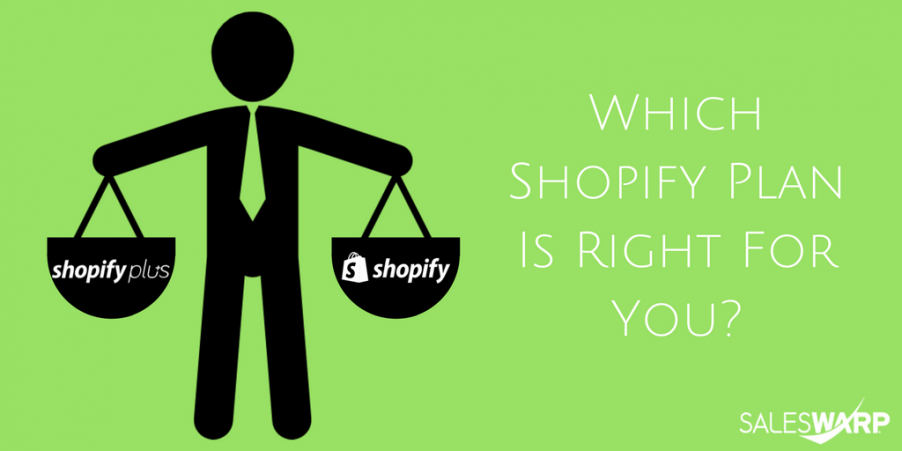Which Shopify Plan Is Right For You?
GUEST POST BY ROBERT RAND, CTO RAND MARKETING
Choosing a version of Shopify is all about balance. Your shopping cart software should fit into your business plans comfortably and logically. Every business has its needs, and you’ll want to select an eCommerce platform that will support your goals, while not sapping revenue that you need for marketing and other endeavors needed for growth and success.
Merchants looking at Shopify frequently ask which Shopify Plan is right for them. To start, Shopify has three standard account types: Basic Shopify, Shopify, and Advanced Shopify. While prices and fees will vary between these versions, the bigger the plan, the bigger the benefits. Including more users that you can have in Shopify’s control panel, higher USPS shipping discounts that Shopify will pass along to you, and extra features (like Gift Cards, Reporting, Abandoned Cart Recovery, and Live Shipping Rates from carriers like UPS and FedEx).
For those that are looking for something even more basic, there’s Shopify Lite. Shopify Lite allows you to sell your products on your Facebook page, integrate products with Buy Buttons into your existing non-eCommerce website or blog, sell in-person using Shopify’s point-of-sale features, and send invoices to customers who can remit payment via Shopify. This version could be ideal for startups and small businesses that aren’t as focused on a traditional eCommerce website experience.
On the opposite end of the spectrum, there’s Shopify Plus, primarily used by businesses with Enterprise grade needs. With Shopify Plus, merchants are granted unlimited bandwidth and transactions including high availability to handle up to 10,000 sales per minute. Shopify Plus clients also benefit from 99.99% uptime, dedicated account managers, the potential for better throttling of Shopify’s API, more API calls available to allow you to manage more, and Avalara’s AvaTax included in your subscription. In general, fees will be more similar to what you’d pay for a Magento Enterprise license but will include hosting and software upkeep.
With any Shopify plan, you have access to a wide range of Apps. Keep in mind that as with other platforms that allow for 3rd party Apps, not all will work exactly as advertised, and if you plan to use many, it’s likely that some will be incompatible with each other. As Shopify is a hosted platform, you can’t write your own modules. You can, however, create Apps using their API, as well as front-end customizations using coding languages like JavaScript. With Shopify, we recommend starting out by getting an account set up, adding Apps, and making sure that features and functionalities meet your requirements, or that you have a “Plan B,” which may include creating your own Apps, to meet your needs. We also recommend testing to see how Apps impact loading speeds, and if you have a large database, how fast you can import or upload, to work any bottlenecks into your project planning.
Overall, any version of Shopify will allow you to focus on your business, as opposed to software security, patching, upgrading, and hosting. This can be a huge benefit to businesses that are comfortable in an environment that’s not open source, and as such, that will have some limitations. Think of it like renting or leasing. In some cases, it can minimize risks and provide more “bang for your buck” for your organization.
If you’re not sure which version of Shopify is right for you, or if you want help comparing Shopify with other platforms like BigCommerce, Zoey, and Magento, you may want to reach out to a digital agency that can help you navigate your options.

